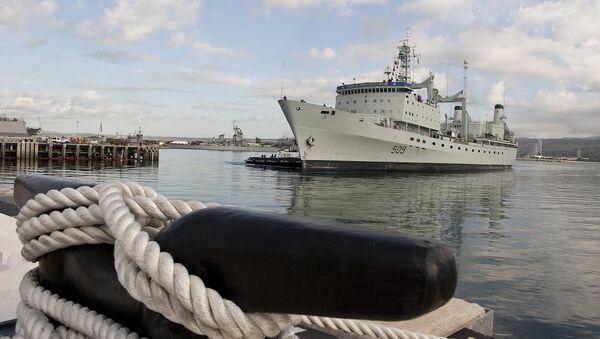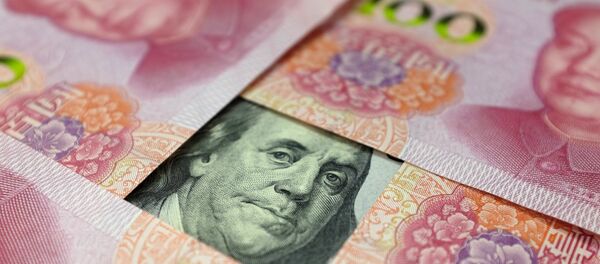“It’s important symbolically as no Japanese Prime Minister has ever gone to Pearl Harbor. It’s a sign of further reconciliation on part of the Japanese government and on part of the Japanese people over the bombing of Pearl Harbor and it’s also a sign of growing strength of the US- Japan alliance,” Davidann said.
He further said that Obama visited Hiroshima in May this year so according to the professor that’s what made this visit possible.
“Obama was careful not to apologize so it’s a kind of mixed message. That actually allowed Abe to come to here in late December and also not apologize, which is of course a mixed message that the Japanese have sent for a long time about World War II,” Davidann said.
Future of US-Japanese ties
He further spoke about how US-Japanese ties would develop under new US President-elect Donald Trump.
“I think now we know that Trump is not going to do everything he said he will do in his campaign, which is probably good news for the American people. He did contact Abe Shinzo immediately after elections and assured him that the US- Japanese alliance was solid,” the professor told Sputnik.
“If the US pushes China too hard it is possible that China might move closer to Russia. But would Trump really endanger trade relations? The US is tied at the hip with China. So I doubt that he would mess this up by meddling in the relationship,” Davidann said.
Japan’s military push
He further spoke about how the US has been pushing Japan for the last two decades to become more substantial in its military, better able to provide for its own security so Abe’s move to become more independent is right in line with American policy.
According to the professor, in Hawaii where the Pearl Harbor memorial is ongoing currently, Abe’s arrival is a big deal.
“We have a very strong connection to the Japanese people here, there are a lot of Japanese-Americans who live in Hawaii and so his arrival is playing very positive and big out here. The thing is Pearl Harbor is not just a memorial it is an industry. It is a lucrative industry for this island and the US,” the professor concluded.
The Japanese Prime Minister is expected to fly to Hawaii on December 26 for a two-day visit. He will meet with US President Barack Obama and together they will travel to the harbor that was attacked by Japanese imperial forces in 1941 and which led to the United States’ entry into World War II.
Abe will be Japan’s first sitting prime minister to go to Pearl Harbor in the 75 years after the air attack that killed thousands of people, mostly US military personnel.



